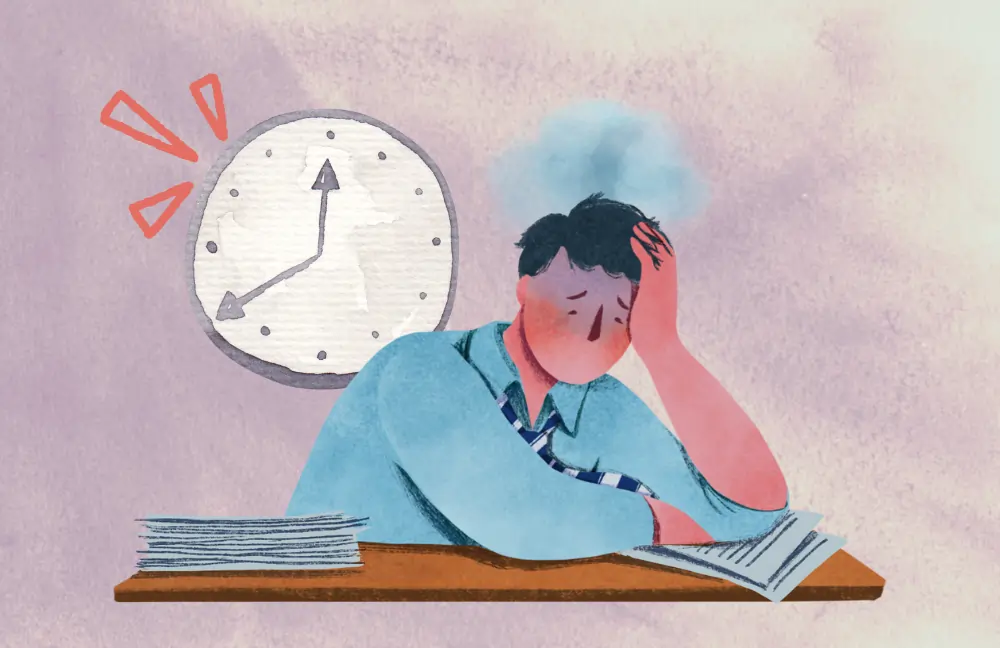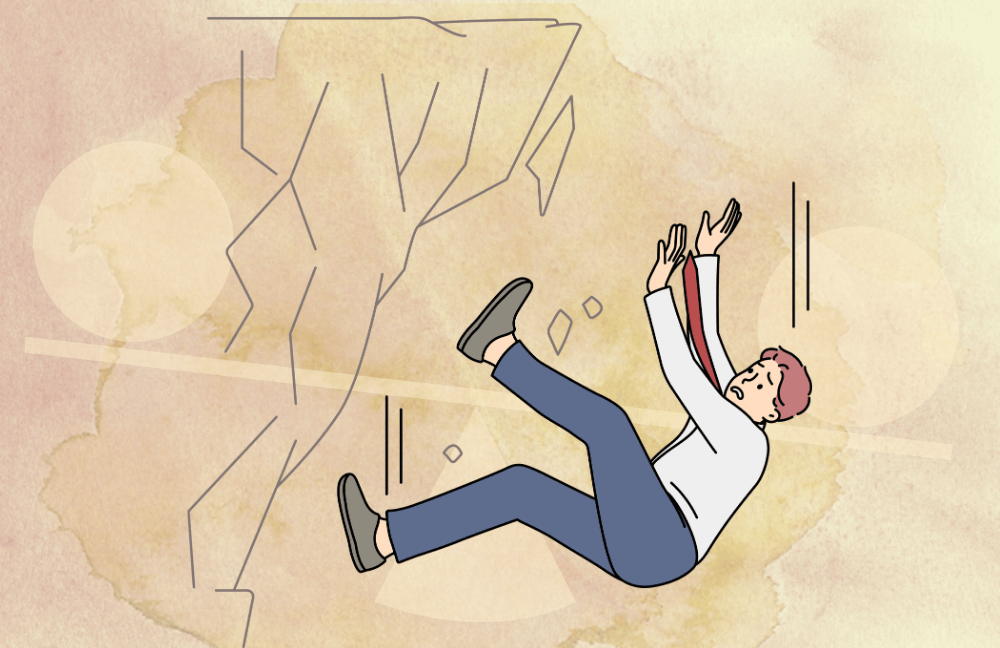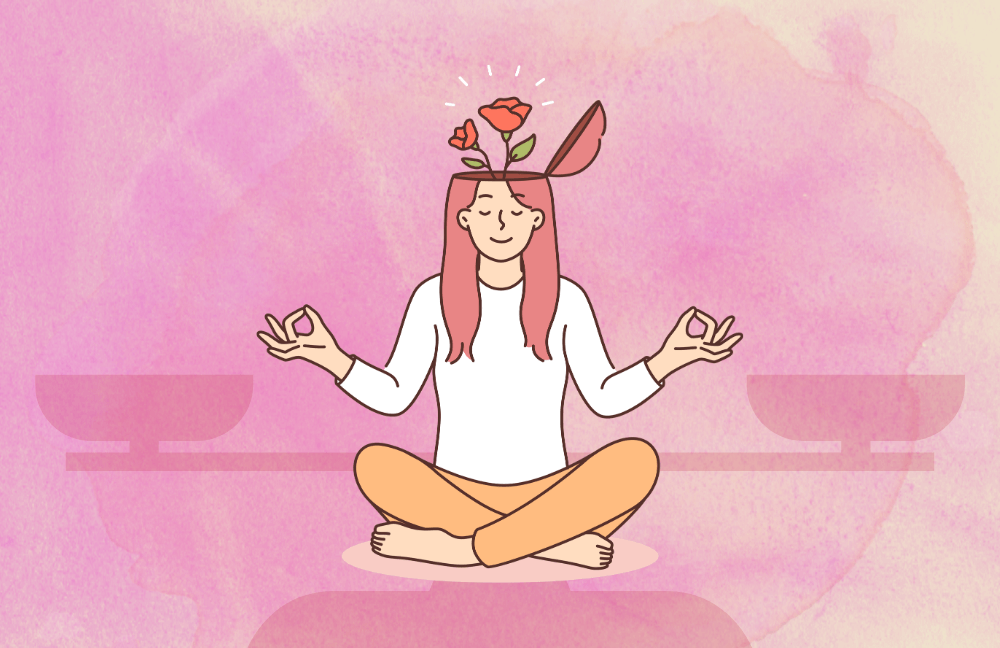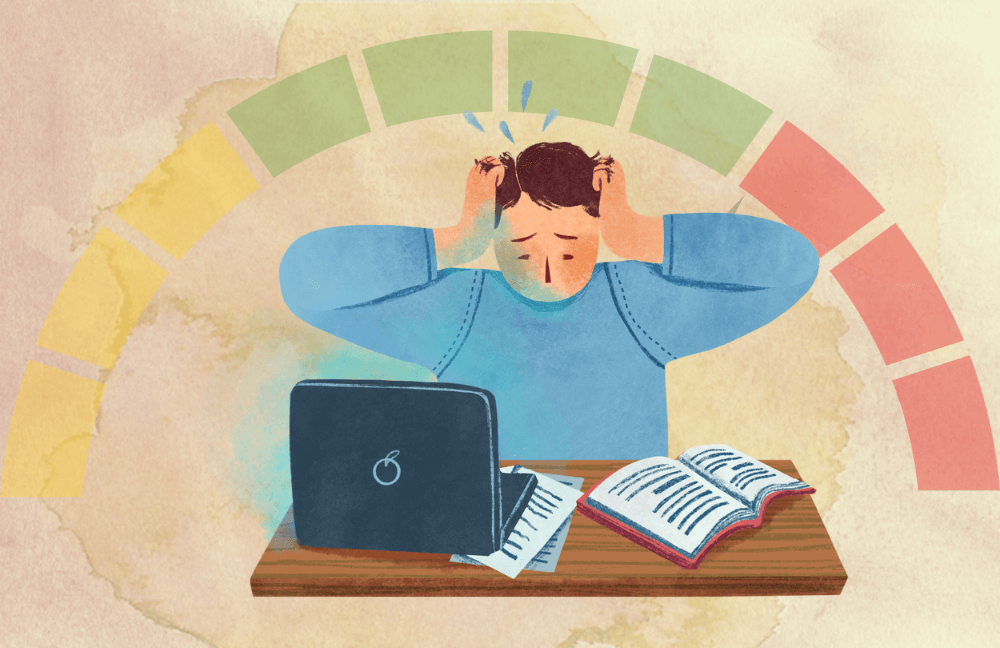
- Home
- About
- Book a Session
- Get Help
Personality
Relationships
Adult
Child
Schools
Corporates
- Do I need help?
- Trending
Emotional eating has never been about hunger or food. It’s the fulfillment of an emotional need with food consumption. Food and happiness get connected. It’s twisted and irrational. If you read 3 reasons for emotional eating you would know that food is a mere pawn in the eating process. To break the habit, you’ll have to be willing to acknowledge and appreciate the illogicality of the eating behavior and break the conditioning. Change isn’t easy to adopt or adapt to. Especially when the behavior in question (in this case eating) is immediately rewarding.
So, the first step is to think about your need to change this. Maybe you’re putting on weight, possibly your cholesterol has risen or you’re recently pre diabetic. You have to establish and build your motivation to stick to your goal and make the plan work for you. Fast weight loss is a dysfunctional trait of bulimia nervosa. So, the process has to be slow and steady. Getting the assistance of a mindfulness coach or therapist to quit emotional eating can keep you focused and help achieve your goal faster.
“Eat to fuel your body, not feed your emotions. Eat to fill your stomach; not your heart.”
- Shefali Batra
Stress eating is a real thing. Few people are prepared or geared to deal with stress. Stress is an alien emotion. It makes you feel helpless, incapable, incapacitated and desperate. We all like to be on top of things; aware, in control, and complacent. And then life happens. Pandemics happen. Lockdown ensues. Layoffs occur. Goals get thwarted. And stress strikes.
We do not like how stress makes us feel. Whenever we’re faced with a threat that exceeds our coping faculties, we feel like a deer caught in the headlights. We freeze. Instead of fleeing the situation (which is very often rational) or fighting it tactfully (this is rather logical); we just freeze. This fright component of the stress response pushes us to dysfunctional, faulty, deceptive emotional states that lead us to wrong behavior choices.
Most turn to smoking, drinking or other drugs of abuse. Many get angry and upset and displace their anger on people and property. But the new age stress eating has become a more socially sanctioned escape. So, you eat. And almost become addicted to food. It becomes your readily available stress buster.
Stress is just another emotion that needs mature, and responsible handling. Food is not its solution. By adding it to the already distressed equation, you are further enhancing the problem.
- Shefali Batra

Take for example, eating in the middle of preparing for a project submission. It’s very hard work and it’s frustrating. So, you take frequent breaks to recharge yourself. And you go to the fridge or the kitchen cabinet to look for a snack. When you’re done with eating, within 5 minutes you’re back to work and it’s all good.
Very soon, eating a snack in the middle of work becomes an outcome of conditioning. If you’re working with colleagues in office or offsite too, you ask others if they’re hungry and they’re surprised because they aren’t habituated to eat in the middle of work. It’s unique to you. It’s become compulsory. You’re not hungry. You’re just bored and overworked and frustrated. And you feel better with a break. And so, you eat in that break.
Truth is, you didn’t ever need food to get energized. You needed the break. Music or exercise or a walk or a chat with a friend would have done the trick too. But you conditioned yourself to eat. Eating and relaxation got clubbed together as a learned response, and it became your reality. Your habit. To decondition, you have to keep watch for these situations.
“Listen to your body when it speaks to you. It might be too late if you only respond when it screams.”
- Shefali Batra





WhatsApp us